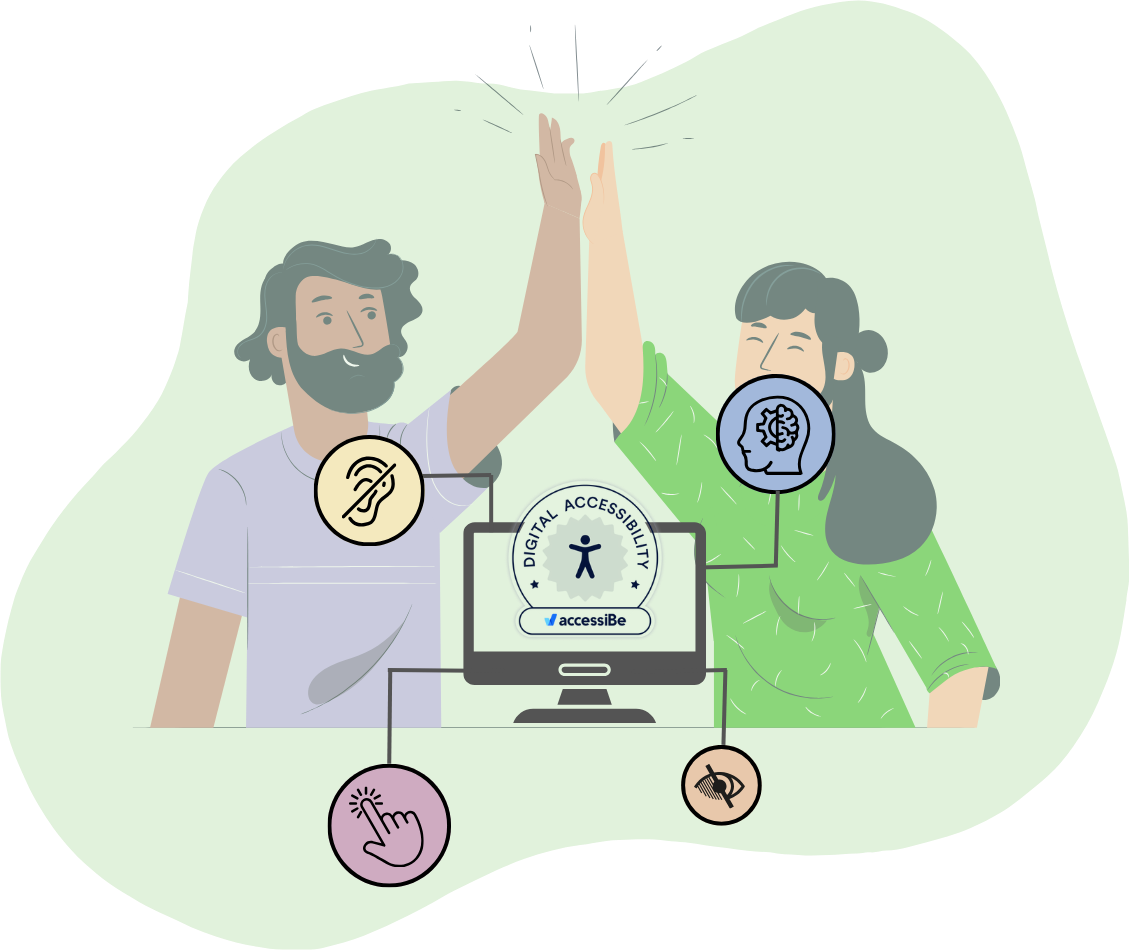 There are many thoughts on everyone’s minds as HubSpot, the marketing and automation leaders behind the term Inbound Marketing, announced its first large layoff in company history. Whether or not you agree with how HubSpot handled the setbacks they have been experiencing - their discussion of revenue shortfalls by CEO Yamini Rangan in HubSpot’s Company News article definitely warrants some discussion on what this means for HubSpot Partners moving forward. It’s possible that having an additional 500 HubSpotters available for hire could lead to closing the talent gap a little more for agencies with the possibilities of HubSpot onboarding specialists and HubSpot technical experts entering the marketplace.
There are many thoughts on everyone’s minds as HubSpot, the marketing and automation leaders behind the term Inbound Marketing, announced its first large layoff in company history. Whether or not you agree with how HubSpot handled the setbacks they have been experiencing - their discussion of revenue shortfalls by CEO Yamini Rangan in HubSpot’s Company News article definitely warrants some discussion on what this means for HubSpot Partners moving forward. It’s possible that having an additional 500 HubSpotters available for hire could lead to closing the talent gap a little more for agencies with the possibilities of HubSpot onboarding specialists and HubSpot technical experts entering the marketplace.
But that’s not what we came here to talk about - the role of HubSpot’s developer community has been a topic of hot conversation for us for the last year, and even more so in the last few weeks - and we’re here to make a lofty claim:
HubSpot technical agencies and freelancers will be the most critical role in HubSpot’s forward trajectory as they refocus their mission.

The reality is that every day HubSpot customers encounter obstacles in their HubSpot portal that they’re not easily able to overcome on their own or even with many of the most popular agencies that HubSpot often recommends.
The day to day issues that companies experience with HubSpot require technical solutions:
According to HubSpot’s CEO, Yamini Rangan:
We have to invest in our future. In order to do that, we need to reduce investments that are not aligned with our strategy. To help our customers grow better during this time, we need to double down on product innovation. For us to scale better, we need to double down on our own internal efficiencies. Both of these require investments that we cannot make if we don't make changes now.
We think all of these things will help HubSpot refocus, but we also think that HubSpot needs to have a better beat on what is happening with the customers they do have that are being cared for by HubSpot agencies. While we’re by no means in the shoes of HubSpot’s CEO, we do have the unique perspective of being inside customer woes when they come to us with their problems with HubSpot. Things we hear?
“I don’t have internal adoption like I want.”
“My sales team doesn’t want to use this because its double entry with the application we use in house”
“My agency is too expensive.”
“We hired the wrong developer and now our website has handicapped us, but we don’t have the budget for a new one.”
“We’re struggling with in-house technical talent and need a partner that actually understands HubSpot.”
“My developer oversold his skills and doesn’t know how to build in HubSpot”
Day to day issues of HubSpot customers are largely technically related, but there is not enough support to fulfill them.
We conducted a survey a few months ago to better understand the talent gap that existed inside HubSpot Partner agencies and more than 60% of respondents confirmed that they struggle to find experienced HubSpot developers to work with.
A great blog from loginradius.com about How Customer Retention Can Help Businesses Grow has the following to say about customer retention rates:
“A good retention rate signifies an increased revenue generation, higher levels of customer satisfaction, and customer loyalty. A study has highlighted that engaged customers are likely to produce 1.7 times more revenue than general customers. Engaged employees and consumers can produce as much as 3.4 times the average revenue. Loyal customers can increase the overall revenue more than one-time customers and acts as a protective factor against the rainy days and the ever-increasing market competition.”
When it comes to the game of customer retention and HubSpot products, these products have to make sense with business processes and actually make the lives of marketers, service and support EASIER. While we all know the power of HubSpot and the capabilities it brings, oftentimes customers are sold on the product capabilities, but less often paired with a technical partner and truly educated on the investment required to seamlessly integrate these solutions into their organization.
We need to bridge the gap between internal software and HubSpot.
What’s the point in having a powerful piece of analytics or automation software if it costs you more in double-data entry and employee efficiency than it saves you in monitoring and automating your marketing and service processes? One of the most critical aspects of the true adoption of HubSpot into an organization that has purchased one or more hubs is the absolute seamless success of that first hub.
We executed integrations on behalf of many different clients in 2022, and they all sang the praises of being able to move data around seamlessly. It will be critical to HubSpot’s forward trajectory that they invest heavily into their internal development teams to establish even more business integrations with large, popular applications. However, it’s even more important that HubSpot promote and reward technical partners that are building integrations between lesser known software applications and business. There are incredible developers out there creating connectors in the app marketplace and HubSpot creating an app incubator should be talked about more. HubSpot can't create internal connectors to all of these services, but the stock integrations outside of Salesforce connector and Shopify are just scratching the surface of what can be done.
We can spit out boring statistics and terms like “data redundancy” all we want, but the bottom line is that unless HubSpot sales reps and HubSpot promote the importance and benefit of these integrations, and help support the developers behind the scene building these - they’ll not see the deep rooting of HubSpot into many of their customers organizations - and if a piece of software isn’t deeply rooted into business processes *AND* they’re having trouble with adoption or its causing inefficiency with data redundancy, guess who gets cut first from the team when customer budgets are constrained as they are in an uncertain economic environment?
We need to build websites that can scale and actually empower marketers.
Lackluster specialized HubSpot developer pools, lack of developer accreditation opportunities, a lack of centralized solutions beyond chat groups, a forum that doesn’t have a centralized knowledge base of solutions for day to day issues, and a lack of true support for technical partners behind the scenes have meant that HubSpot partners, agencies, and end users are finding themselves running into the same issue: we didn’t budget properly.
We hired the wrong person for the job, they used most of the budget - and now we’re stuck with an end product that doesn’t improve our business processes.
This song plays on repeat and every time we hear it, we feel for the client. If there were a centralized, vetted skills ecosystem for specialized partners with incentives to perform, we anticipate a huge influx of skilled developers moving into HubSpot development and even taking it on as a specialty.
For us, it was a no-brainer and we saw quickly that being a skilled provider is not only needed, but pays big time. We have formed so many close agency relationships, and while it may not necessarily benefit from a growth and recurring revenue with HubSpot commissions, we have faith that eventually things may change a little bit and we’ll start to see more support for people behind the curtain in HubSpot.
Building websites that look good on HubSpot CMS is one thing, but building truly versatile and flexible modules that really give marketers the power to do whatever they want? That’s something that HubSpot promotes, but we aren’t always seeing as we work in the back end of the websites that other non-specialized developers have created.
We need to solve complex business process problems with the ability to “add on” features
HubSpot is an expensive product, and customers need to see the ROI from certain features that are only available in enterprise level subscriptions. We see a very real need for serverless functions, custom objects and behavioral events for customers that don’t need the full functionality of enterprise level Hub subscriptions.
For example: read more about the need for serverless functions that our development team dealt with:
“Moving from HubSpot CMS Professional to Enterprise is an extra 400 dollars per month. However this is causing us to have to create cloud servers on another product that is actually owned by a competitor to handle it. Serverless functions are a wrapper around AWS serverless. I could easily just use AWS and pay the usage. On top of that HubSpot limits the amount of additional node packages you can load into these, and puts a time limit on the processing. So instead of paying for USAGE like other vendors charge, they charge a flat fee for the service, which handicaps the capabilities, and clients see no benefit in upgrading for 400 dollars when their need is only for serverless functions.”
While moving ahead to bigger fish is important, we want HubSpot to not forget the roots that built them. The vast majority (99.9% to be exact) of businesses in the United States are small businesses, and there are 33.2 million of them in this country. While making moves for the big ones is a natural progression for HubSpot when multiple hubs help businesses solve for so many things, there may be revenue still to be gained from the smaller accounts by bundling small add-on packages that allow individual product features to be purchased. These things would not only benefit HubSpot, but save developers time in configuration, and make integrations and serverless functions much easier to implement, keeping all business processes in one place.
Overall, we’re doubling down on HubSpot - and we’ll always remain loyal to the brand that built our own foundation. We are very empathetic to the 500 employees and their families that were let go yesterday, and while we may not love that it was done or agree that it should have been done, we want to help HubSpot Partners and HubSpot look to the forward trajectory of how they continue to move the vision of helping businesses scale and measure marketing and close the loop between business processes and customer retention by letting them know how important the technical specialized service provider is to achieving that mission.
In the multiple Hubs that are offered to the customer, don’t forget that Marketing Agencies can’t be everything to everyone. The rise of the specialized technical partner, the specialized Hub consultant, HubSpot systems architect, and other types of partners that support the internal sales team is imminent - it’s just a matter of how HubSpot will support these partners moving forward.
We are a proud HubSpot Technical Partner that is finding the silver lining in a very difficult situation, and we hope that others might start to see what has been clear to us since we’ve signed on as a partner agency.





